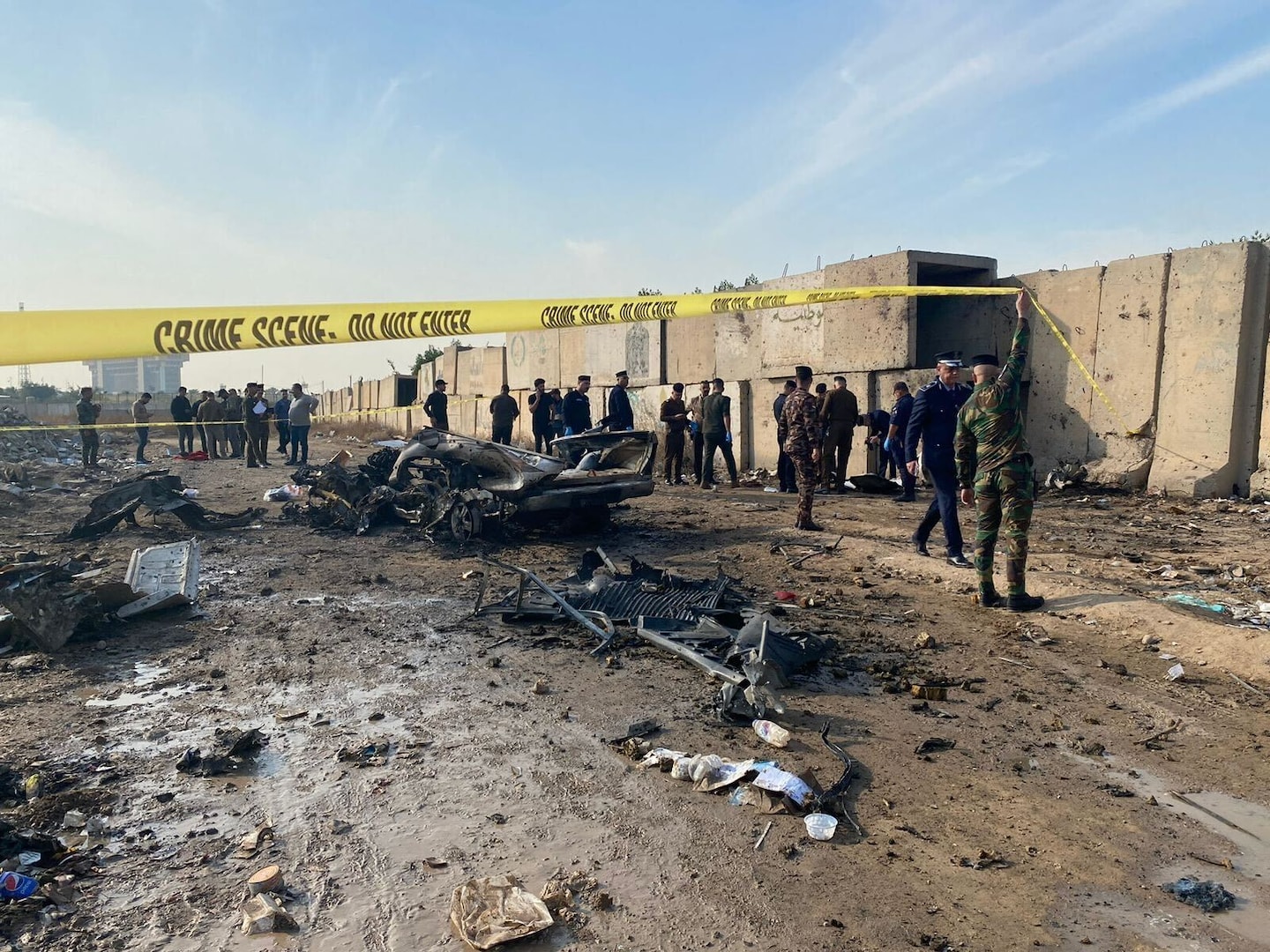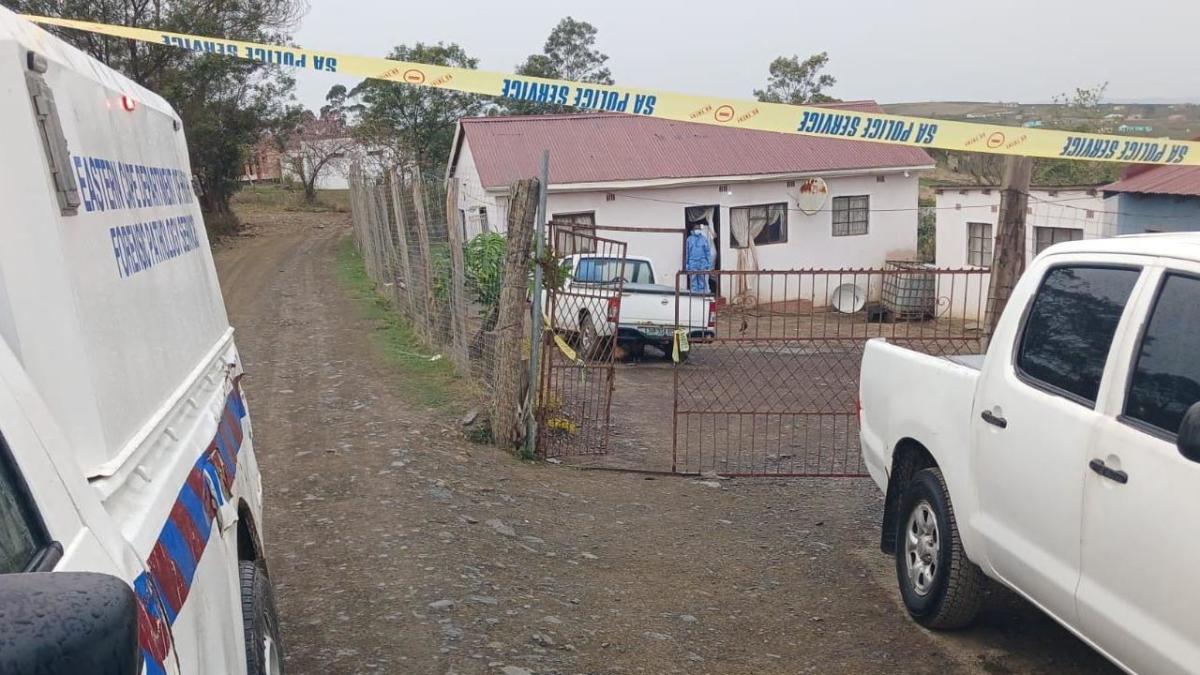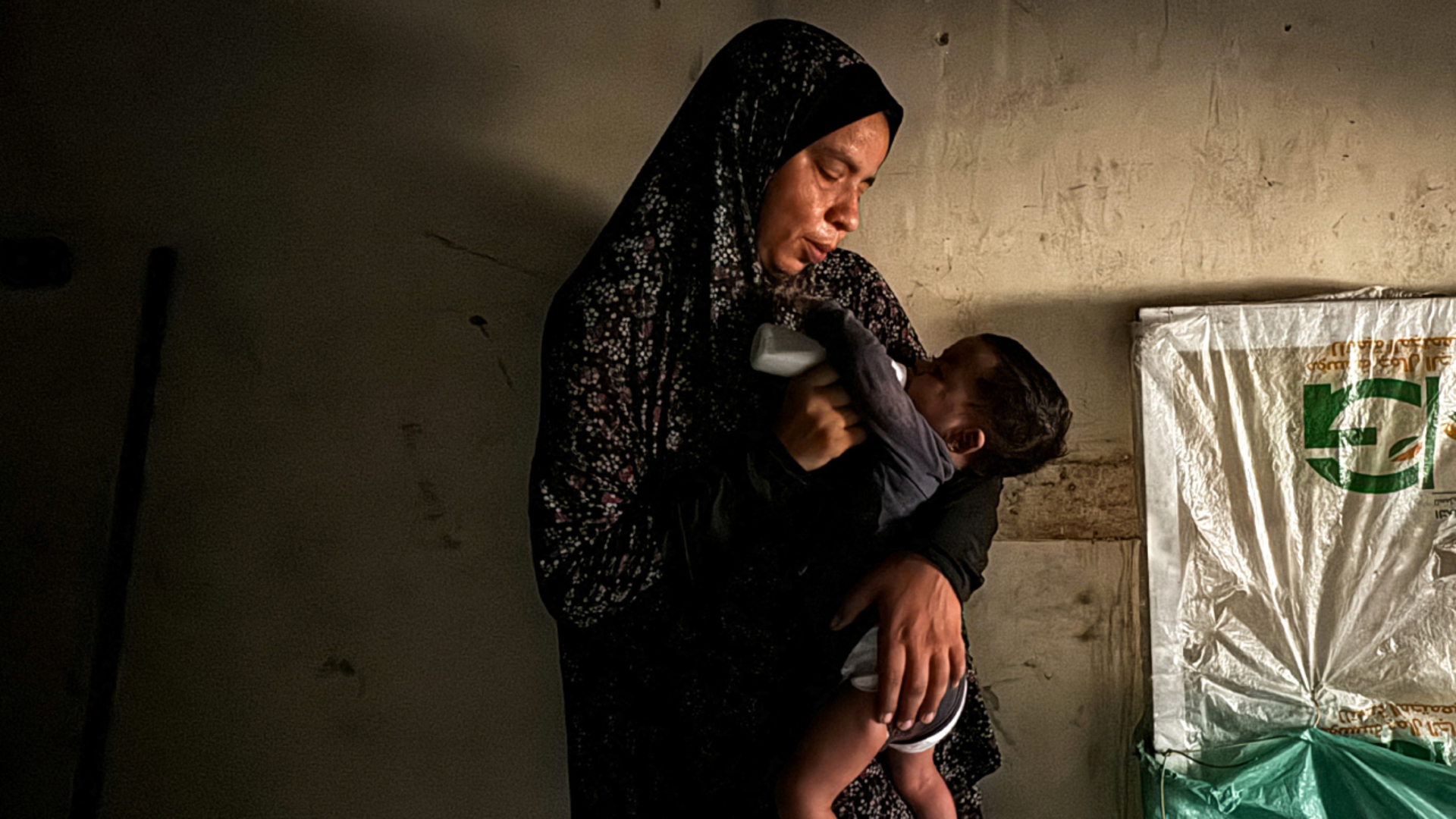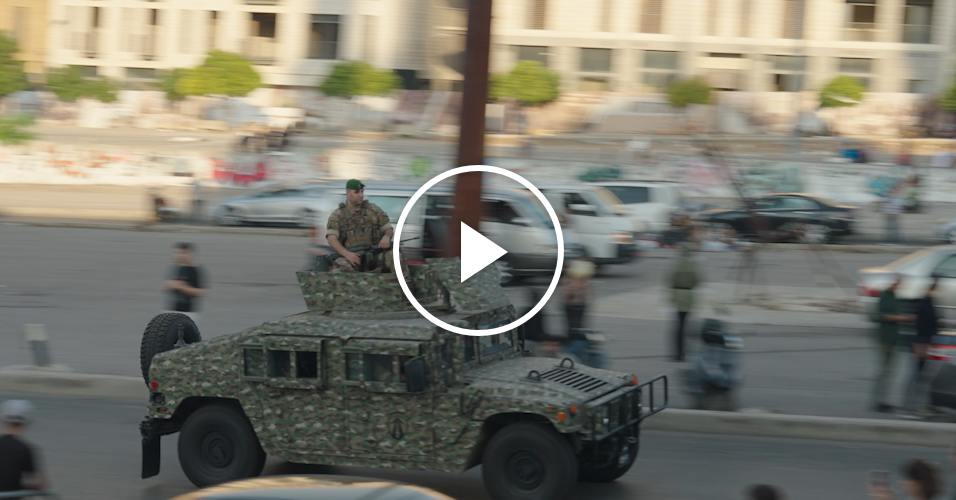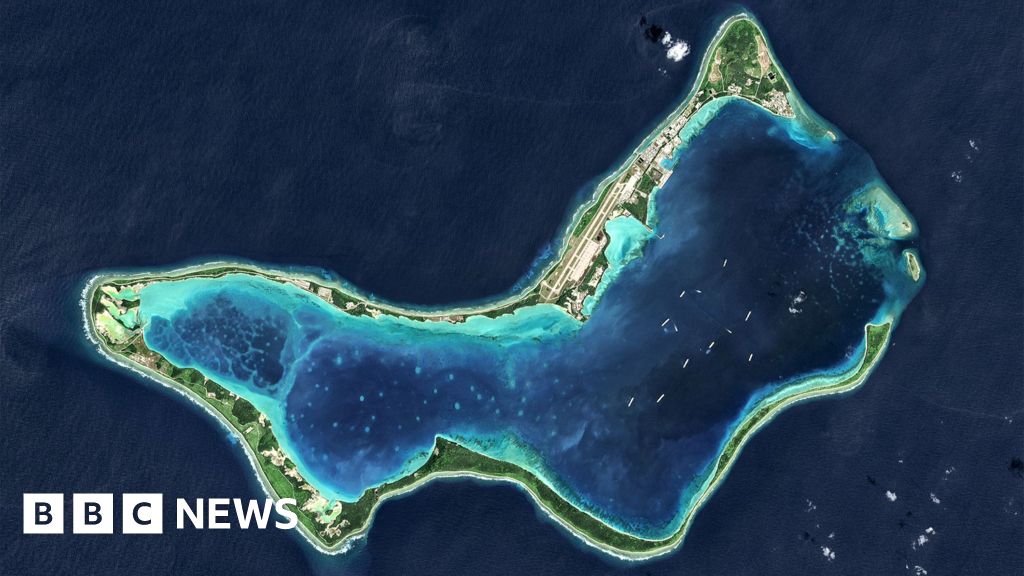While the United States has targeted militia-affiliated locations in Iraq and Syria several times in recent months, an American operation in such a central location of Iraq’s capital is exceedingly rare. Harakat Hezbollah al-Nujaba falls under the command of the Iraqi army, which responded swiftly — and in anger — saying agreements between Baghdad and Washington had been violated.
A Pentagon spokesman, Maj. Gen. Patrick Ryder, described the strike as “a necessary and proportionate action” against a militant leader “actively involved in planning and carrying out attacks against American personnel.” An “associate” of Abu Taqwa also was killed, Ryder said, though he did not identify the individual. The general noted that no civilians were injured in the strike and no infrastructure was damaged, a claim the The Washington Post could not independently verify.
Thursday’s violence underscored the tension that has gripped much of the Middle East since early October, when fighting erupted between Israel and Hamas. In recent days, incidents in Lebanon and the Red Sea have heightened alarm that the fighting in Gaza will seep beyond the Palestinian enclave’s borders and draw the United States into a far larger conflict with groups armed by Iran.
Ryder declined to say whether the United States had notified the Iraqi government before the strike. Asked if Washington had breached any agreement with Baghdad, he said that the Pentagon retains the right to self-defense anywhere U.S. forces are threatened.
Photographs purportedly taken at the scene of the airstrike and released by Sabereen News, a militia-run outlet, show weapons fragments consistent with the U.S.-made Joint Air-to-Ground Missile, or JAGM, a new missile that is set to replace older munitions such as the Hellfire. The Post was unable to independently verify the images’ authenticity.
When nearby residents learned that the blast was caused by American forces, some expressed fears that more violence would follow.
“It’s an indication that peace is not lasting,” said Sarah Jamal, 27, who lives several blocks from the attack site. “It started in Syria, then Lebanon, then Iran and now here. We’re being dragged into this, and we have no say.”
As black smoke rose from residential alleys where blood and human remains lay scattered, some people cried. Others promised revenge against the United States. “No American soldier shall stay in Iraq!” one man yelled, firing his gun into the air.
About 2,500 U.S. personnel are based in the country to prevent a resurgence of the Islamic State terrorist network, which on Thursday claimed responsibility for a deadly attack in Iran a day earlier. Another 900 American personnel are spread across several outposts in Syria, tasked with the same mission.
The Biden administration says it is working to prevent the war in Gaza, which began when Hamas militants killed 1,200 people in attacks throughout Israeli border communities, from spreading to other parts of the Middle East. But in Iraq and Syria, Washington’s support for Israel’s actions — as Palestinian deaths have surpassed 22,000, according to the Gaza Health Ministry — has presented local militia groups with fresh incentive to try to dislodge U.S.-led coalition troops.
U.S. officials have logged about 120 attacks since Oct. 17, with most carried out with one-way attack drones, rockets or both. Late last month, after a militia attack in northern Iraq left a U.S. service member in critical condition, the Pentagon launched retaliatory strikes and said they probably killed a number of militants. Iraqi Prime Minister Mohammed Shia al-Sudani, who last year backed the need for U.S. troops in Iraq to prevent the regeneration of the Islamic State, said the U.S. retaliation in that instance killed an Iraqi service member and injured 18 other people, including civilians.
Thursday’s attack was likely to increase pressure on the Iraqi government to hasten an end to the coalition’s presence, 2½ years after their combat mission officially ended there. Iraq’s military spokesman, Yahya Rasool Abdullah, described the strike as “no different from terrorist acts” and said that the army held the U.S.-led coalition responsible for an attack on a group that fell under its command.
“We consider this targeting a dangerous escalation and an assault on Iraq, far from the spirit and text of the authorization and the work for which the international coalition exists in Iraq,” Abdullah said in a statement.
The question of ongoing U.S. troop presence has been under discussion as part of a joint dialogue between Iraqi and American officials. Al-Sudani has signaled in recent days that it may be time to end the presence of U.S. and allied forces in Iraq, citing the increasing capabilities of Iraqi troops.
While al-Sudani’s government favors an arrangement that sets the two nations on even footing, rather than one that gives the appearance of continuing to host a military that invaded the country two decades earlier, Washington has been wary of fully withdrawing from one of its most high-profile theaters at a time of growing regional tensions.
“This has put the [Iraqi] government in a very difficult position. The impact is that it’s hardening public opinion” against the remaining U.S. troop presence, said Sajad Jiyad, a fellow at the Century Foundation.
Thursday’s strike was probably conceived as a means to signal there will be a cost for any future attacks on U.S. troops, Sajad said. But the strategy, he added, had “a lot of potential for escalation, a lot of potential for miscalculation.”
The strike came almost four years to the day that President Donald Trump ordered the killing of Iran’s most influential military strategist, Maj. Gen Qasem Soleimani, as he left Baghdad’s airport with his Iraqi counterpart, Abu Mahdi al-Muhandis. It was a decision that pushed Iran and the United States to the brink of war on Iraqi soil, as Tehran launched ballistic missiles against U.S. troops and an incandescent Iraqi parliament voted in favor of America’s expulsion.
On Thursday, some Iraqi officials signaled it was time to finish the job.
“We urge the Iraqi government to take decisive steps to end the presence of the so-called international coalition in Iraq,” said Qais al-Khazali, who heads the influential Iran-linked Asaib al-Haq militia. This, he said, would involve “cutting off the pretexts used by the Americans to prolong their stay on our land and in our skies.”
The conflict in Gaza has sparked escalation on fronts across the Middle East, as Iran-linked groups opposed to the U.S. presence and Israeli policy launch their own retaliatory attacks and, in Lebanon, a suspected Israeli airstrike killed a high-ranking Hamas leader, Saleh Arouri on Tuesday. In a speech watched across the region, Hasan Nasrallah, leader of the Lebanese militant group and political party Hezbollah, vowed “response and punishment.”
In Israel, U.S. envoy Amos Hochstein met with Israeli officials as part of ongoing efforts to broker a deal that could avert a wider conflict across the Israeli-Lebanese border.
Deepening the quagmire, Houthi militants detonated a one-way, unmanned surface vessel in a shipping lane off the coast of Yemen on Thursday, a U.S. admiral said, despite what the White House described a day earlier as a “very serious warning” over the need to desist.
Vice Adm. Brad Cooper, commander of U.S. naval forces in the Middle East, told reporters in a briefing that the use of an unmanned surface vessel by the militants was “of concern” and a “new capability.” The vessel was launched from Yemen and “clearly had the intent to do harm,” Cooper said.
A coalition of more than 20 countries has joined the United States under the umbrella of Operation Prosperity Guardian in a bid to secure shipping routes in the Red Sea, officials have said. No commercial vessels have been hit since the operation began, though some have come close. Eleven drones, two cruise missiles and six anti-ship ballistic missiles have been taken down since Dec. 18, and U.S. forces sunk three fast boats on Dec. 31 after they opened fire on American helicopters.
U.S. sailors have brought also down 61 missiles or drones launched from Yemen since October, and there are now significantly more warships and reconnaissance flights over the southern Red Sea than there have been in years, Cooper said.
On Tuesday, Cooper visited the USS Carney, a destroyer that has responded to numerous Houthi attacks in recent weeks, an awarded U.S. sailors Combat Action Ribbons. The military award denotes they were in direct combat, though administration officials have said that it is not clear if U.S. ships have been directly targeted or simply nearby when attacks are launched.
Cooper said that U.S. military personnel have taken the “appropriate approach of protecting themselves and downing these missiles.”
“Easy call,” he said, “as was the fact of awarding a Combat Action Ribbon to the sailors who were involved in this.”
Lamothe and Horton reported from Washington.
#U.S #strike #Baghdad #raises #specter #wider #regional #war

